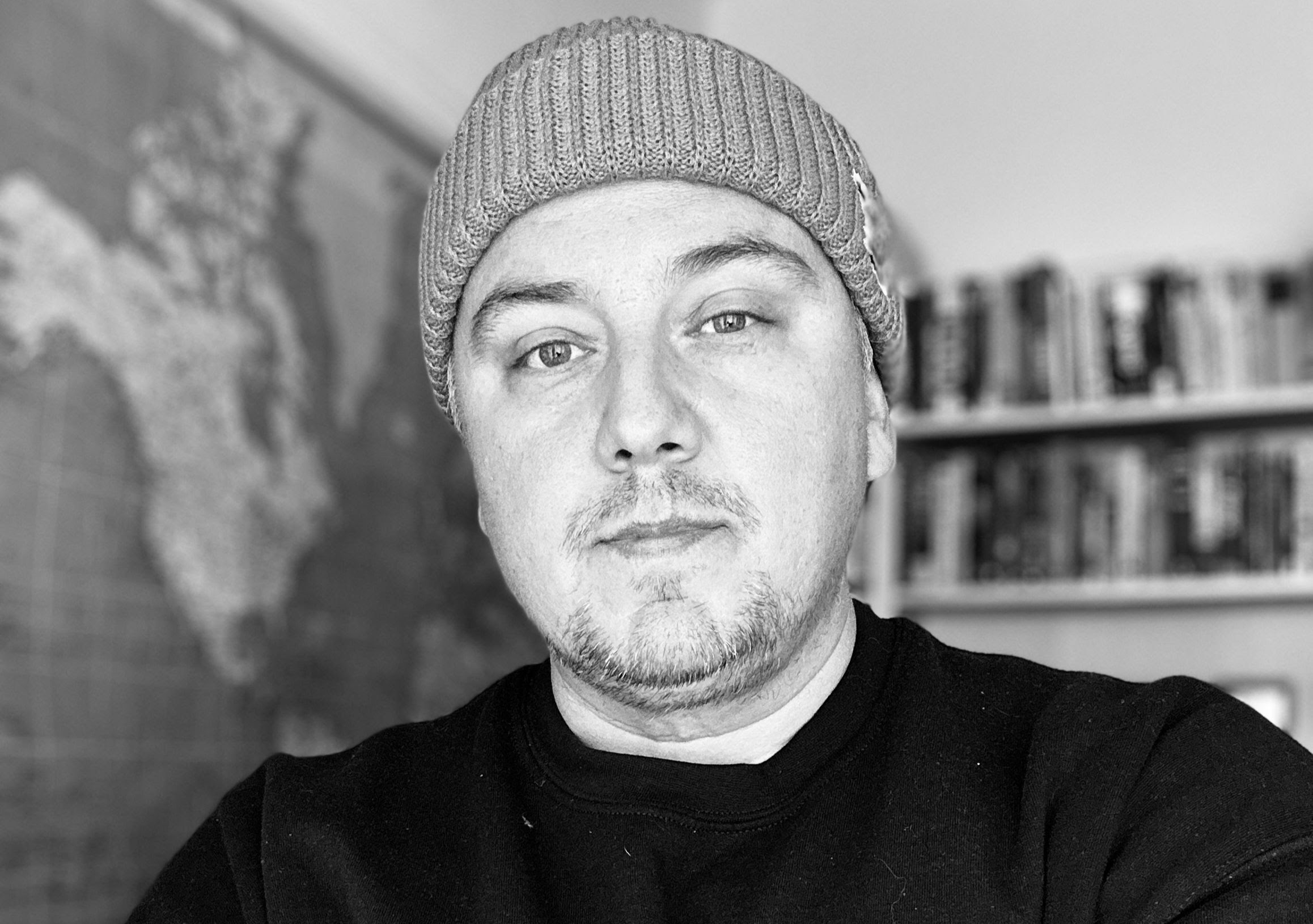
There are moments in reporting stories that make your bones rattle, moments that stay with you.
I was on a telephone interview with Alvin Fiddler, Grand Chief of Nishnawbe Aski Nation, getting his thoughts on the shocking number of fire deaths and injuries on First Nations – a problem he and other Indigenous leaders have been calling out for years.
In the middle of the conversation, he suddenly went quiet. He was getting urgent messages on his phone. He apologized. Then he explained. The messages were coming in from people sharing news of a house fire in North Caribou Lake First Nation.
Thankfully, a mother and her children were able to escape the blaze. But many aren’t that lucky.
I obtained exclusive access to a lawsuit filed recently by two First Nations in Ontario who are taking the federal government to court alleging discriminatory underfunding of First Nations’ fire services.
The statistics are arresting.
Federal data shows 20 per cent of fire victims in Canada are First Nations, Metis or Inuit – a proportion four times the percentage of Indigenous people in Canada. An Ontario chief coroner’s report found children living on a reserve in Ontario are 86 times more likely to die in a fire than children living elsewhere.”
The faces behind those numbers are haunting.
Nine dead in a house fire in Pikangikum. Three children die on Sandy Lake First Nation in a house fire. A father and four children, dead in Oneida of the Thames First Nation.
While the problem is far from new, a detailed body of evidence compiled within a lawsuit demanding federal accountability is rare. Long before it was ever made public, I met with a source to learn what it would allege and why I might be the right person to write the story.
I’d be grateful if you took a few minutes in your day to consider reading this story.

Ryan McMahon
Indigenous Affairs Reporter
Behind the Reporting: Through three months of reporting, Ryan McMahon spoke with a dozen fire chiefs who were willing to go on the record to detail the impacts of inadequate funding on their fire services. He dove into legal documents, expert reports, funding proposals, and various government records to better understand this story. He also examined the lawsuit’s broader historical and political context, highlighting decades of systemic neglect and underfunding of essential infrastructure on First Nations—issues the IJB has been cataloging for years.

The IJB is a nonprofit, collaborative newsroom focused on delivering deeply reported stories in the public interest. We rely on the support of individuals like you to continue our work. Consider making a donation here.
- Rotting foundations. Rampant mould. Sewage backups. What an expert’s report reveals about the state of housing in ‘deliberately underfunded’ First Nations - 25 November 2024
- Behind the Reporting: Ontario First Nations sue feds over alleged deadly underfunding of fire protection services - 23 October 2024
- Ontario First Nations sue the federal government over alleged deadly underfunding of fire protection on reserves - 30 September 2024